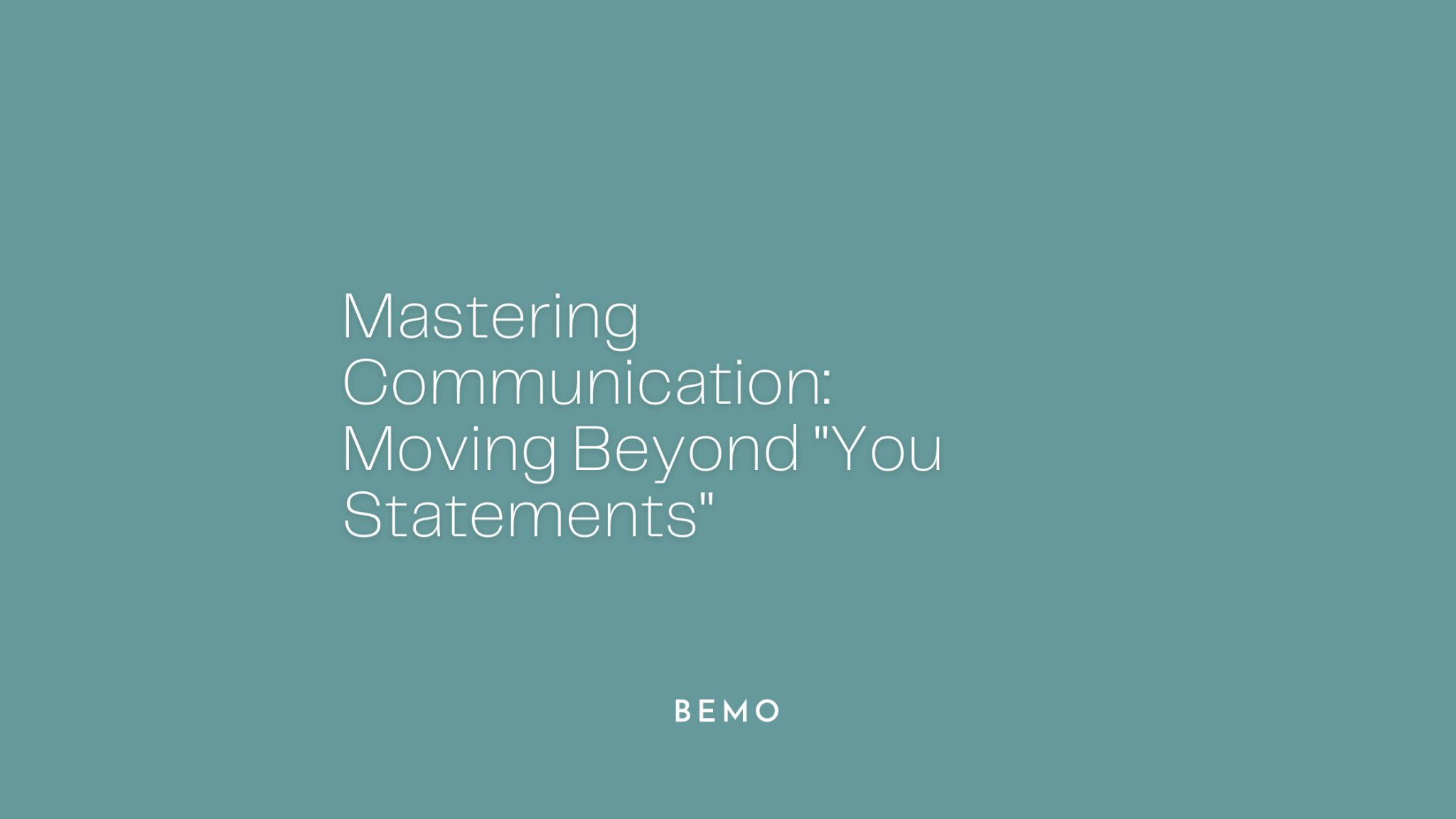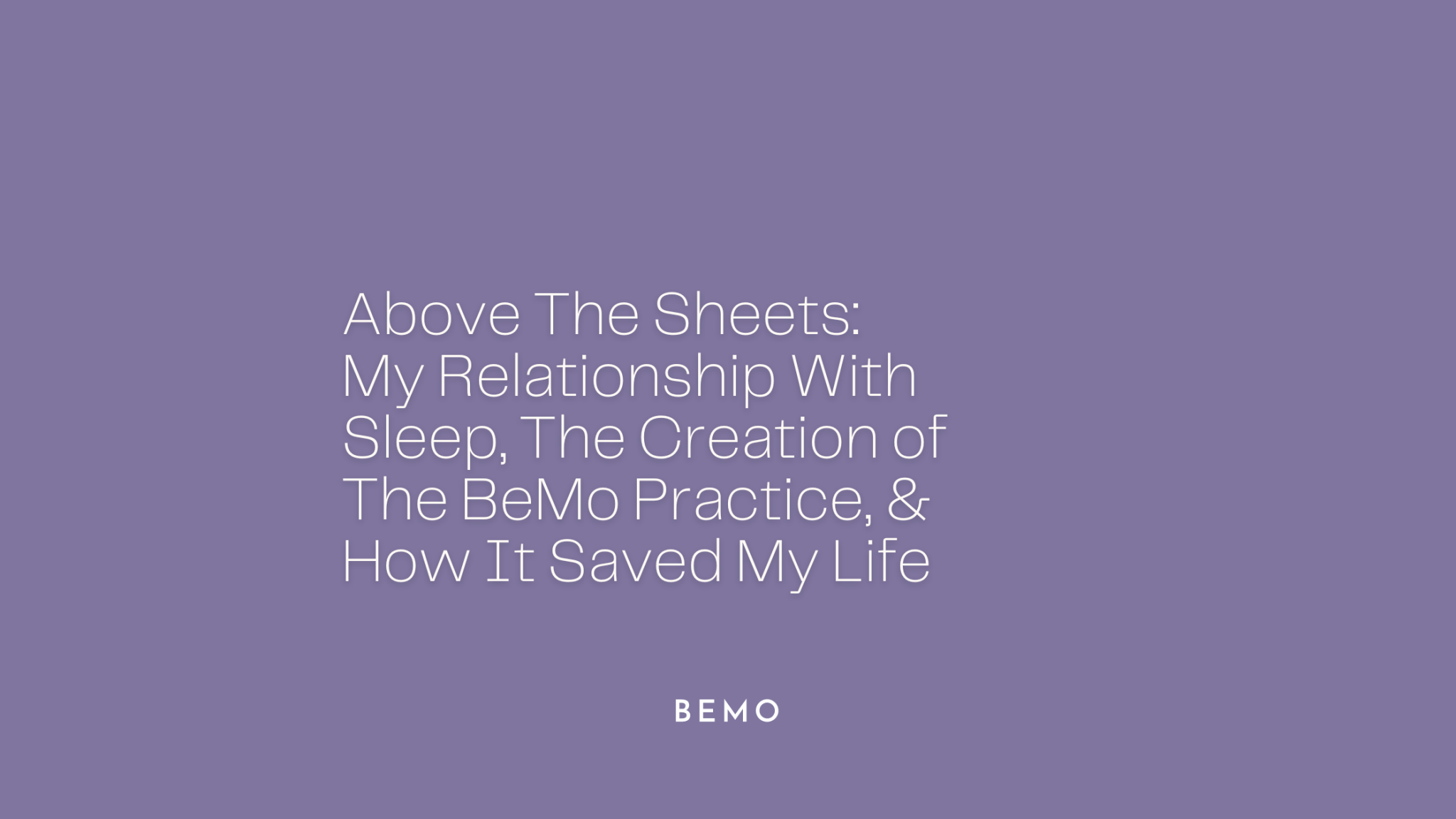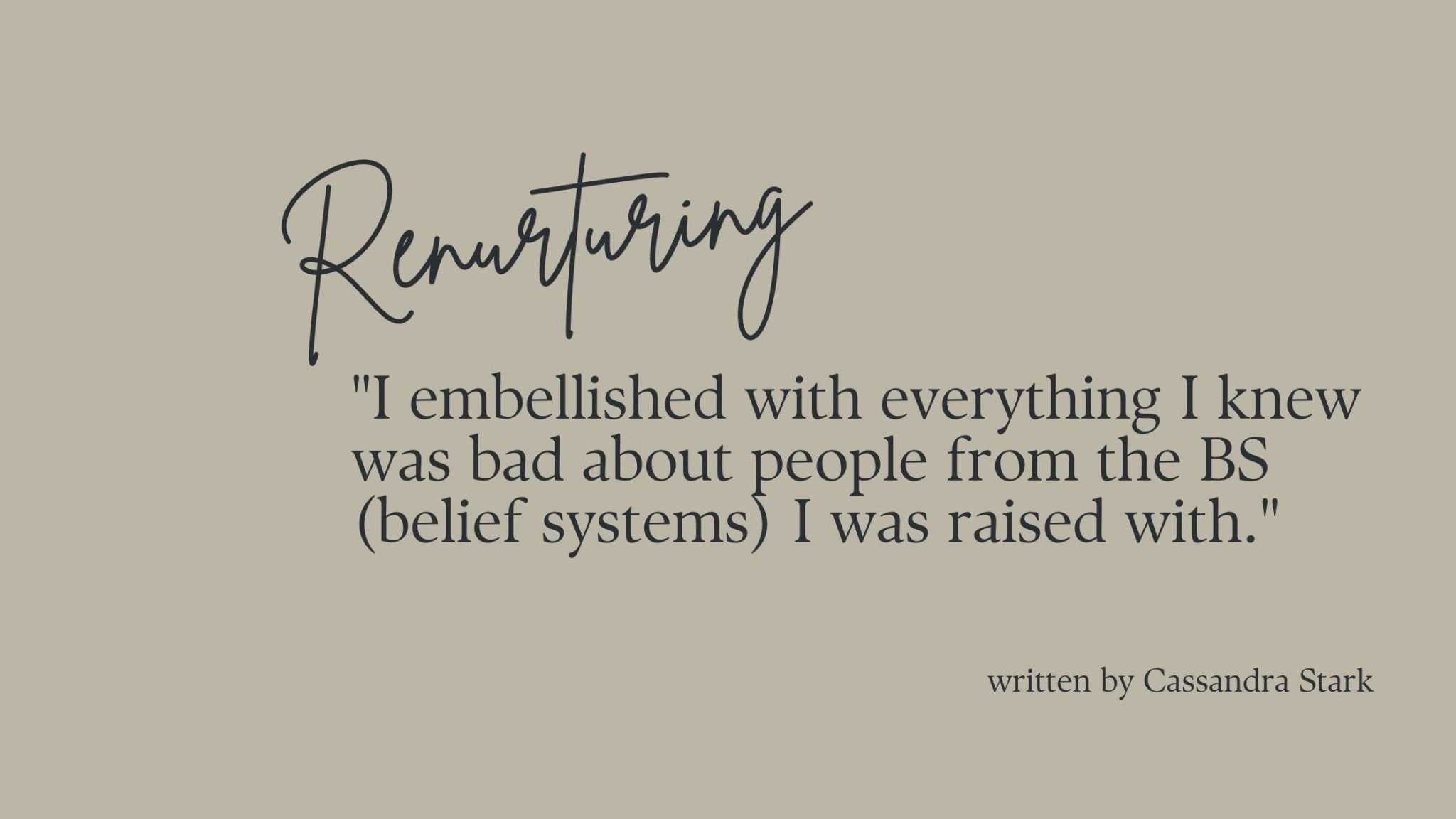In the realm of effective communication, the distinction between "you" statements and "You Notes" holds profound significance. "You" statements, often laden with blame or criticism, can trigger defensive responses and hinder productive dialogue. Conversely, BeMo's "You Notes" offer a transformative approach, fostering self-awareness, empathy, and constructive engagement.
What Is A "You" Statement
"You" statements typically begin with accusatory pronouns like "you always" or "you never," placing blame and fostering defensiveness in conversations. These preoperative statements often overlook the nuances of individual experiences and feelings, leading to misunderstandings and conflict escalation even when the expression is not delivered with the intent to be verbally combative or absolute. "You" statements can be said/heard in a variety of relationships, from Board meetings (career relationships) to board games (family relationships). Typically, the closer the person is to you, the more triggering these absolute statements can feel.
"I don't think you really understand..."
"You always..."
"You seem to think that..."
"The thing about you is..."
Ironically, your statements are expressions of a lack of understanding strangely delivered in the guise of "I get exactly who you are." Your statements come across as I am right, and you are wrong with the utmost emotional reactivity as the person being spoken to instantly feels how can you be right about me when I am the one that is me. I know myself best! Truth is, even if your statement toward someone else is right, you are not correct in the way that you deliver it.
Nurturing Self-Understanding with BeMo's "You Notes"
In contrast, BeMo's "You Notes" encourage self-reflection and empathy by shifting the focus from blame to understanding. Rather than making assumptions about others' intentions or behaviors, "You Notes" invite individuals to explore their own feelings, needs, and perceptions rather than projecting feelings and unidentified need on to someone else. This approach promotes active listening, validation, and mutual respect in communication.
In order to overcome speaking with harsh "you" statements, you have to understand... ah ha, gotcha! I'm not here to tell you that "you have to understand" (one of my biggest pet peeves). So let's try that again because it is ok to make mistakes.
The FUNCK Method, a cornerstone of the BeMo Practice, provides a structured framework for building conversations with intention and empathy. The FUNCK Method facilitates meaningful dialogue rooted in self-awareness and connection, nurturing kindness from the inside out. The more you practice speaking to and through yourself with The BeMo Practice, whether verbally or through your BeMo Journal, the more you replace unconscious and subconscious criticism with empathetic understanding - inside of yourself, then with assertive kindness and ease with others.
Go Beyond The Self-Understanding You Note To Practice Needs Discovery
In order to overcome speaking with harsh "you" statements, it is important to understand the core need in your delivery. Do you have a need for guiding someone into a better version of themselves? Great! Does it really require telling someone who and how they are now? Probably not. On the flip side, maybe you're incredibly angry. Do you really have a need for hurting that person? Probably not. More likely, there's a need for being seen, heard, and known that you feel has been overlooked, and you're defending yourself in a misguided sense of survival.
To overcome the habit of speaking in "you" statements, individuals can integrate the FUNCK Method into their communication practices. Challenge yourself to formulate an email or spoken conversation by fulfilling a mutual need for connection and kindness. Don't have the time? Well, guess what? Diving in with a shortened and direct "you" statement often results in resentments and arguments that drain months and months of time between colleagues, friends, and partners. Take the time to practice formulating conversations with FUNCK now and you'll be saving yourself a lot of reactive and defensive pain, time loss, and love loss in life.
By expressing your feelings and needs openly and authentically, you can foster understanding and empathy in your interactions. Through the process of writing "You Notes" in your BeMo Journals, you can deepen their self-awareness and cultivate a mindset of compassion and curiosity in communication.
In essence, embracing BeMo's "You Notes" within the FUNCK Method empowers individuals to transcend the limitations of angering "you" statements and cultivate deeper connections through secure, empathetic communication. By prioritizing self-understanding and empathy, individuals can foster healthier relationships and navigate conflicts with grace and resilience.








